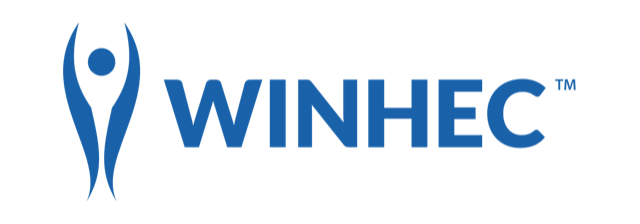About usWho are the Indigenous Peoples of the World?WINHEC, the World Indigenous Nations Higher Education Consortium was launched with the signing of the Declaration on Indigenous People’s Higher Education by the members of the Executive Board at Delta Lodge, Kananaskis Calgary in Alberta Canada during the World Indigenous Peoples Conference on Education (WIPCE) 4-10 August 2002. The founding state/country members present were Australia, the states of Hawai’i and Alaska and the American Indian Higher Education Consortium of the United States, Canada, the Wānanga of Aotearoa (New Zealand) and Sápmi (North Norway). The Indigenous peoples of the world according to the United Nations Organisation number about 370 million. They live in about 90 different countries. According to common understandings they had lived in a country long before people of different ethnic origins, cultures and languages had arrived. The new arrivals dominated the country including the native people according to the United Nations in nearly every location. It is understood that the Indigenous peoples as a consequence are the most impoverished people in the world. This situation has given rise to the United Nations Declaration of the Rights of Indigenous Peoples. WINHEC has focussed its attention on alleviating the difficulties which confront the Indigenous peoples and it chooses to do this through their collective academic skills via the medium of education. Our visionWe gather as Indigenous Peoples of our respective nations recognizing and reaffirming the educational rights of all Indigenous Peoples. We share the vision of all Indigenous Peoples of the world united in the collective synergy of self-determination through control of higher education. Committed to building partnerships that restore and retain Indigenous spirituality, cultures and languages, homelands, social systems, economic systems and self-determination.” WINHEC founding document, Kananaskis Calgary, Canada Our missionProvide a forum and support for Indigenous peoples to pursue common goals through higher education. |
|
Our goalsThe purpose of WINHEC is to provide an international forum and support for Indigenous Peoples to pursue common goals through Indigenous education, including but not limited to:
Guiding Principles for WINHEC Accreditation Authority |



